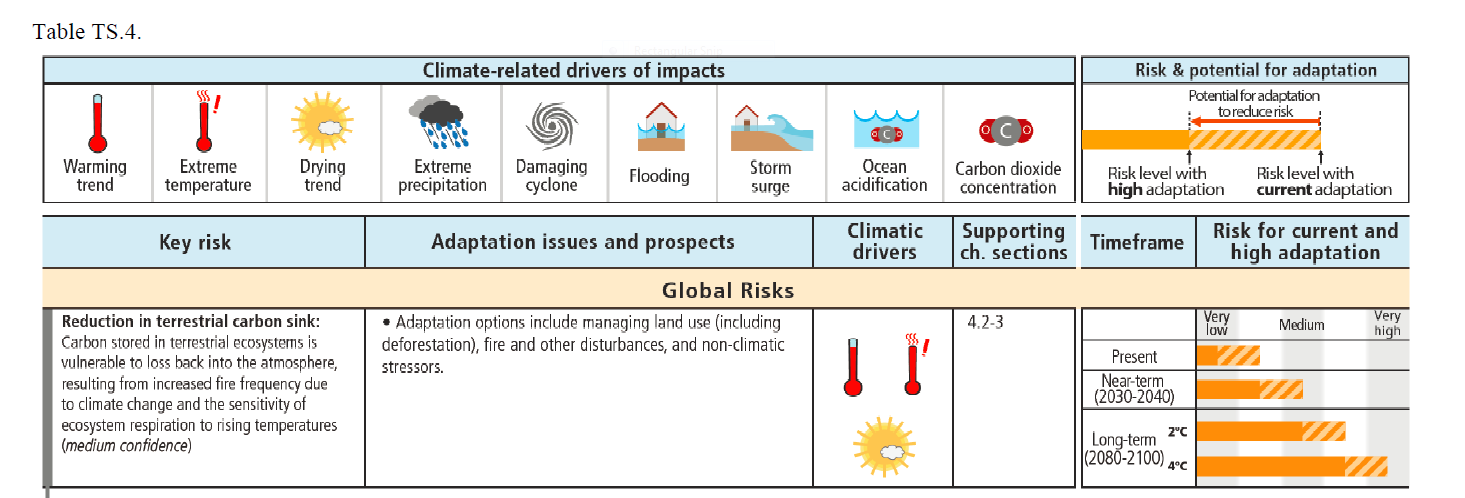April 1, 2014 – Hilary Oliva Faxon
On Monday, the IPCC WGII launched its AR5 contribution. Wait… what? Climate change science and policy is so full of jargon it’s almost impossible – yet still important – to understand what we’re on about. This week, Working Group II (WGII) of the international authority of climate science came out with a new report on impacts, adaptation and vulnerability. It was proceeded by a fall report from Working Group I (WGI) on the science of climate change, and will be followed later this month by Working Group III’s report on mitigation. Here are 4 things international development professionals need to know about the latest installment:
1) The arctic is melting, but they won’t tell you that:
The Intergovernmental Panel on Climate Change (IPCC) is notoriously conservative. Teams of scientists review relevant research and author each chapter, which is then subject to scrutiny from global politicians before publication. In practice, this long process means reports exclude the most recent and provocative findings, and qualify their assertions with various levels of uncertainty. The first report met some criticism for excessive invocations of uncertainty, but the bottom line in both reports so far is that human-induced climate change is happening, it has major impacts, and adaptation will be necessary and increasingly critical for livelihoods, agriculture, economies, and ecosystems.
2) Climate change exacerbates instability and inequality:
Climate change has major health and economic impacts, and the poor and marginalized of the world are hit hardest. Especially interesting are this report’s sections on human security, for example:
– “Climate change can indirectly increase risks of violent conflicts in the form of civil war and inter-group violence by amplifying well-documented drivers of these conflicts such as poverty and economic shocks”
– “The impacts of climate change on the critical infrastructure and territorial integrity of many states are expected to influence national security policies”
Food and water security are other major issues highlighted in the report.
3) Context matters:
The lesson from WGI was: different regions will experience very different climactic changes, and we don’t know a whole lot about who gets what. Data collection and climate modeling have a long way to go before they adequately describe how Himalayan glaciers will melt. The lesson from WGII is: different regions have various social and governance systems, and will adapt differently to climate stress. Access to finance and technology, cultural norms, population distribution, and a myriad of other variables dictate both the extent of impacts, and a community’s ability to adapt.
4) Transformation is the new black buzzword:
This report introduces the idea of “transformation” to enable climate-resilient pathways. The brief treatment is a far cry from former environmental establishment leader Gus Speth’s calls for radical rebirth, but the difference may be one of degree, not kind. It’s a sign of changing, and dire, times, but also an opportunity for all of us closet Marxists/alternative economists/human and indigenous rights advocates/big dreamers. Or maybe just another, newer, bit of jargon.

